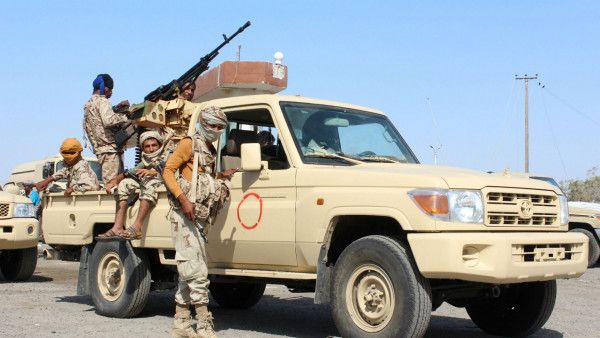
In conflict zones around the world, the Toyota Land Cruiser has become synonymous with power, status, and the ability to navigate rugged terrain with ease. These iconic vehicles, known for their durability and off-road capabilities, are often the preferred choice of transportation for warlords and militia leaders. But where do they get these vehicles, and how do they end up in the hands of those who perpetuate violence and instability?
Sourcing and Supply Chains
The sources of Toyota Land Cruisers for warlords vary, but several key factors contribute to their availability in conflict zones. One significant source is the global market for used vehicles, where Land Cruisers are popular due to their reputation for reliability and toughness. Many of these vehicles are purchased legally and then transported to conflict zones, either through legitimate channels or illicit networks.
Illicit Trade and Smuggling
In some cases, Land Cruisers are acquired through illicit means, including smuggling and black-market sales. These vehicles may be stolen, obtained through fraud, or sold on the black market to avoid detection and taxation. Illicit networks often exploit weak governance and porous borders to traffic vehicles into conflict zones, where they are used to transport fighters, weapons, and supplies.
Impact on Conflict and Stability
The presence of Toyota Land Cruisers in conflict zones has significant implications for the dynamics of war and peace. These vehicles provide mobility and logistical support to armed groups, enabling them to project power and control territory. The use of such vehicles also contributes to a militarized environment, where the presence of armed groups is normalized and the risk of violence is heightened.
International Response and Regulation
Efforts to regulate the trade in Toyota Land Cruisers and other vehicles used in conflict zones have been limited. While some countries have imposed restrictions on the export of vehicles to conflict-affected regions, enforcement mechanisms are often lacking. International bodies, such as the United Nations, have called for greater transparency and oversight to prevent the illicit trade in vehicles fueling conflict.
Conclusion
The Toyota Land Cruiser's role in conflict zones highlights the complex interplay between global trade, illicit networks, and armed conflict. Addressing the issue requires a multi-faceted approach, including stronger regulation, enforcement of existing laws, and efforts to promote peace and stability in conflict-affected regions. By tackling the root causes of conflict and addressing the illicit trade in vehicles, the international community can help reduce the impact of warlords and armed groups on civilian populations.